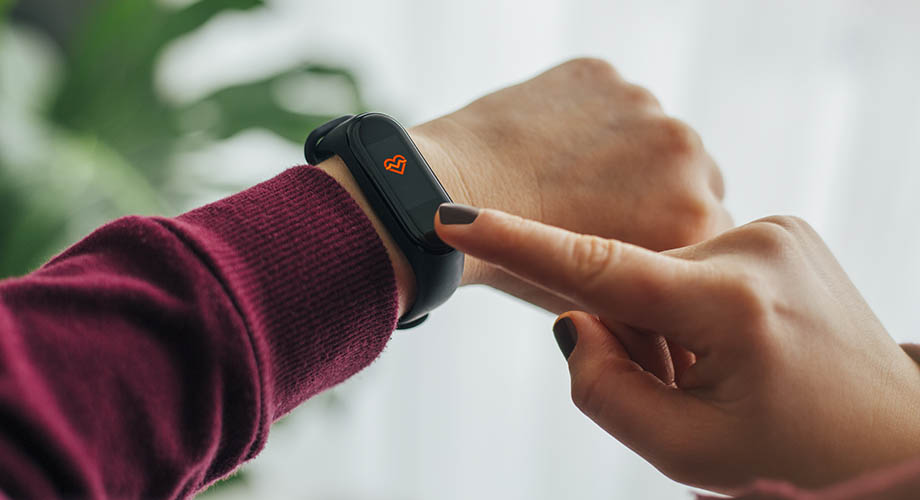Author: Daniel P. Oran –
COVID-related hospitalizations and deaths have dominated news coverage during the pandemic, but relatively little attention has been given to the many people who survive the initial viral infection, only to face an excruciatingly long recovery — often months of debilitating symptoms and poor health. Survivors of what has been called “Long COVID” have sometimes had to deal with skeptics in the medical community, who have raised doubts about the vague constellation of symptoms and physiological changes attributed to the syndrome.
Fascinating findings by scientists at the Scripps Research Digital Trials Center now provide concrete evidence of the physiological changes associated with COVID infection. As part of the DETECT study, in which nearly 40,000 volunteers have contributed data from their smartphones and fitness trackers, researchers studied a subset of 234 participants who tested positive for COVID, comparing them to 641 participants who reported symptoms, but never tested positive for COVID.
The differences among the COVID-positive participants were striking. After symptom onset, their resting heart rate was initially higher than normal, then dipped temporarily before increasing again to a level that was significantly higher than normal for them. This elevated resting heart rate continued for about 80 days, on average. Among the most seriously affected participants — about one in seven — their resting heart rate did not return to normal for 133 days.
Along with heart rate data, smartwatches and fitness trackers can also provide insights on sleep and movement. Both of these metrics were noticeably affected in the COVID-positive participants. Sleep increased in COVID-positive participants. After they began to have COVID-related symptoms, it took 24 days for their sleep duration to return to normal. They also moved less. It took 32 days for their step counts to return to the baseline level.
For more than a year, some Long COVID survivors have had to confront skeptical healthcare providers, even as they struggled to deal with burdensome symptoms. These new data from the DETECT study, which offer compelling evidence of physiological changes associated with Long COVID, might help them get the attention and support that they deserve.



